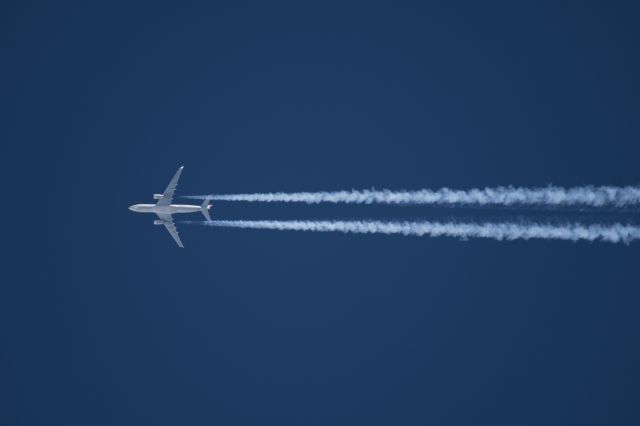GENEVA, July 19, 2018 (BSS/AFP) – The world airline body on Wednesday urged
European governments to urgently fix the region’s airspace bottlenecks,
saying that delays had more than doubled during the first half of the year.
The International Air Transport Association called on the European
Commission, member states and ANSPs (air navigation service providers) to
“take urgent action” to address the problem.
It pointed to recent data from Eurocontrol, the Brussels-based agency in
charge of monitoring the continent’s skies, showing delays of some 47,000
minutes per day during the first six months of 2018 — 133 percent more than
during the same period last year.
“We are in the summer season in Europe. Travellers want to get to their
holidays on time. And too many will be disappointed because of air traffic
delays,” IATA chief Alexandre de Juniac said in a statement.
“We should be making progress, but delays are double those of last year,”
he said.
He acknowledged that “there is no quick fix for this year,” but added that
“the needed solutions are well-known. With the correct investment and
planning by governments and ANSPs we can, and must, make next year better.”
– Staff shortages, strikes –
IATA was particularly critical of the so-called ANSP’s, which include air
traffic management, for not making “needed investments in their businesses,
preferring instead to make super-normal profits.”
The ANSP’s that manage each country’s airspace charge overflight fees for
the services they provide, and as flight numbers have increased over the
continent, so too has their revenue, it said.
At the same time, “the largest service providers have either under-invested
in staff or use outdated employment practices which don’t deploy staff when
and where they’re most needed,” IATA charged.
It said that most of the delays have been caused by staffing and capacity
shortages, along with poor weather and “disruptive events” like strikes.
“The average delay for flights delayed by air traffic control limitations
reached 20 minutes in July, with the longest delay reaching 337 minutes,” it
said.
IATA called for countries and ANSPs to urgently invest in modernising their
infrastructure and to reform “outdated work practices”.
“The impact of (air traffic control) delays ripple throughout the economy,”
Juniac said.
“At a time when Europe’s competitiveness urgently needs to be improved,
increasing (such) delays is totally unacceptable,” he said, insisting that
“change must start now.”



